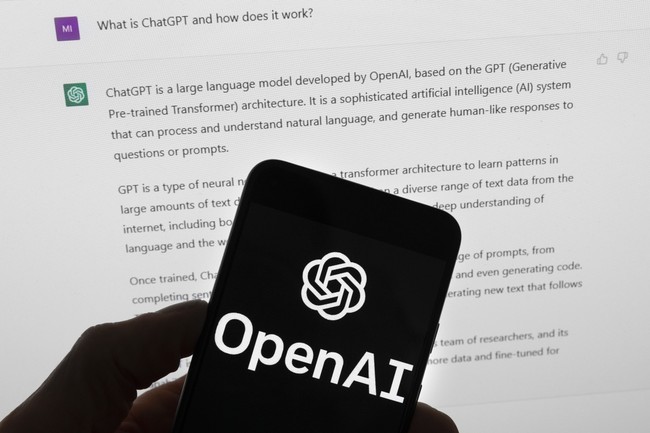The Western world is navigating through significant economic hurdles, including a demographic decline that hampers growth, a welfare system draining future resources, and a regulatory framework that prioritizes redistribution over innovation. However, there’s a beacon of hope on the horizon: artificial intelligence. AI promises to boost economic productivity, provide a wealth of information, and solve complex problems faster than ever before. Marc Andreessen, a prominent investor, captures this optimism by stating, “We believe we are poised for an intelligence takeoff that will expand our capabilities to unimagined heights.”
Andreessen’s enthusiasm isn’t unfounded; AI has already shown remarkable capabilities. It can write with greater skill than many authors, outthink numerous academics, and innovate beyond the reach of most entrepreneurs. But what does the future hold? According to Andreessen, the possibilities are endless. “Material abundance from markets and technology,” he asserts, “opens the space for religion, for politics, and for choices of how to live, socially and individually.” While this vision is uplifting, there’s a growing dissent against this optimism. Critics voice concerns both economically and spiritually.
The economic critique fears AI will eliminate jobs, increasing dependency on welfare systems. Historically, this fear seems misplaced; past technological advances, like the computer and automotive revolutions, didn’t erase jobs. If AI reaches its full potential, scarcity might become obsolete, ushering in unprecedented prosperity. On the other hand, the spiritual argument questions whether technology can address our deeper existential dilemmas. If AI surpasses human capabilities, leaving us with idle time and diminished skills, what purpose will we find in our lives?
It’s important to note this line of questioning isn’t entirely baseless. However, it doesn’t delve deep enough. AI, like any tool, is not designed to make us happy but to alleviate hardship. Happiness and the absence of misery are not synonymous. The spiritual critique of AI overlooks its primary function: to reduce suffering, not to be a source of happiness. Expecting AI to fulfill our quest for happiness is akin to using a hammer to dry hair; it’s an inappropriate application.
That said, AI could temporarily heighten challenges in various sectors, from parenting to business. Yet, the root of our societal issues lies not with AI but within ourselves. The enduring challenges of individualism versus community and finding purpose remain. These are resolvable dilemmas. In a world increasingly fragmented, it’s tempting to blame technology for our spiritual shortcomings. However, personal fulfillment and happiness are our responsibilities. We should encourage engagement with meaningful pursuits, like church and family.
Halting technological progress would only risk increasing misery without delivering happiness. The key lies in balancing technological advancements with personal growth. As we embrace AI’s capabilities, we must also nurture our spiritual and communal lives. AI is a tool, not a cure for existential woes. A focus on non-material fulfillment, such as faith and familial bonds, offers a path forward. These aspects of life have always been, and will continue to be, vital to our wellbeing.
In essence, AI holds incredible promise for societal advancement. Its potential to revolutionize industries and enhance our daily lives is immense. But it isn’t a panacea for all our problems. We must approach AI with a balanced perspective, recognizing its limitations. While it can transform our world, it cannot replace the fundamental human experiences that give life meaning. As we integrate AI into our lives, maintaining our humanity remains crucial.
It’s not just about the technology; it’s about how we choose to use it. The challenges posed by AI are not insurmountable. They require thoughtful consideration and an emphasis on personal and community values. By doing so, we can harness AI’s benefits while preserving what makes us uniquely human. AI offers a new frontier, but the journey is ours to navigate.



